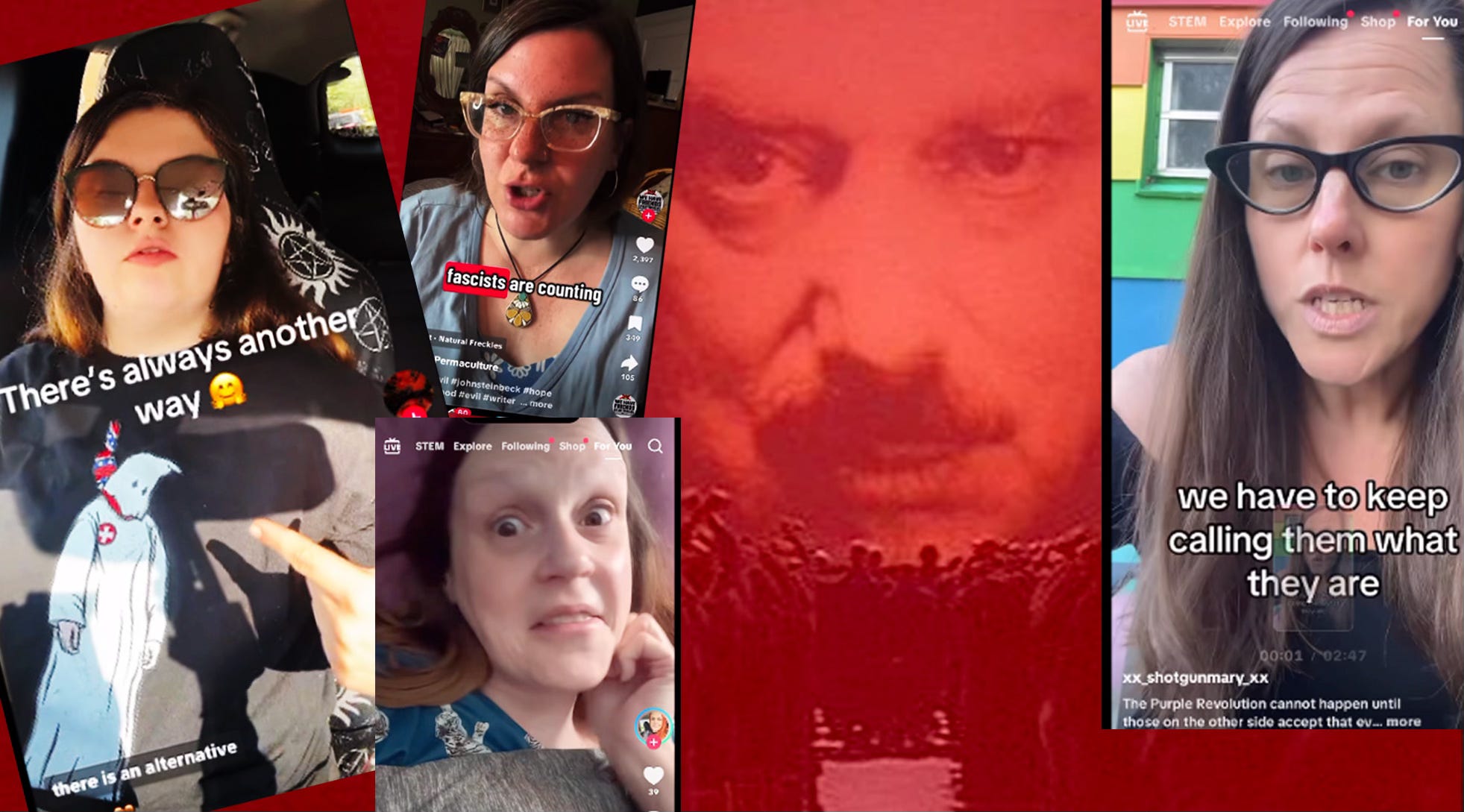Podcast Episode Details
Back to Podcast Episodes
How the Democrats Became the Party of Hate
I’ve been hated by the Party of Hate for five years and counting, maybe longer. For a while, I tricked myself into thinking it was people who didn’t really know me. They judged me on my tweets or my opinions. But then, after I came out as a Trump voter, I felt hate even from the people who did know me.
I’ve seen sons disown their mothers, wives disown their husbands. I’ve felt the hatred from the people in my town who put up alienating lawn signs that seem to come from a good place until you think about what they’re really saying: agree with us, or we will hate you.
When I was a kid, my stepdad forbade us from using the word “hate.” We were not allowed to say it for any reason, not “I hate brusselsprouts,” “I hate doing the dishes,” or most especially, “I hate you.”
I felt it bubbling up so many times - what is a better word, I would wonder. There is no better word, I would conclude. Hate is the word we use to describe that all-consuming heat that bubbles up inside us that we can’t control. There are perfect words for things, or as Anton Chigurh said in No Country for Old Men, “you pick the one right tool.”
What is love? I knew what that was the first time I saw my baby’s face. What is hate? What all of us felt in November of 2016 when Donald Trump won the election. From that day forward, for the next ten years, we would be defined by and consumed by hate.
The hate wrapped itself around us. It comforted us. It made us feel morally superior and less alone in our misery and less helpless in our actions. It justified everything we did, whether it was protesting Trump’s inauguration or forming the #Resistance. It justified even worse, beating up, spitting on, and knocking the red hats off of Trump supporters.
The rulers of the Left’s aristocracy, the empire that is now in tatters, said nothing. They seemed to delight in watching all of us good soldiers protest, even smash windows and burn buildings to show how angry we were, because that made them feel less like the failures they are. Blame Trump, blame the voters for the crime of voting them out. Blame anyone but themselves.
All of culture was now consumed by the hatred that blotted out the sun and kept us trapped in a long, dark winter of misery and rage. It was our obligation as citizens of utopia to take a side against the half of America that had betrayed Barack Obama and Hillary Clinton. Hollywood, universities, corporations, institutions, book publishing, libraries, and restaurants all sent the same message to the Red Hats: you are not welcome here.
The directive from on high was not to “normalize” what was not “normal.” The people didn’t just vote in Trump to represent them — that would be democracy. This was something else. This was an affront to all the better people —the ones with all the power.
Those who called themselves the good side, the moral side, the side written by Aaron Sorkin and directed by Steven Spielberg, the lawn sign people who say JUST BE KIND, were in the grips of an emotion they could not name, let alone control.
You do not speak like we do. You do not believe what we believe. You do not accept our version of reality. We don’t want you here. We hate you.
Hate was what we were feeling, and yet hate was a word we’d given away. It didn’t mean this overwhelming sensation that made us use our social media to demonize and dehumanize the working class. It meant people who did not go along with our progressive ideology.
It started back in the 1990s with the fight for gay marriage. “Love is love” meant you’re with us. “Hate” meant you were against us. Hate was what all of those bad people over there were, the God people, the Conservatives, that’s what defined them, not us.
Without the right words to describe what we were feeling, we had to find other words. Nazi, fascist, dictator, bigot, homophobe, racist, rapist, xenophobe, transphobe. And when that wasn’t enoug
Published on 1 month ago